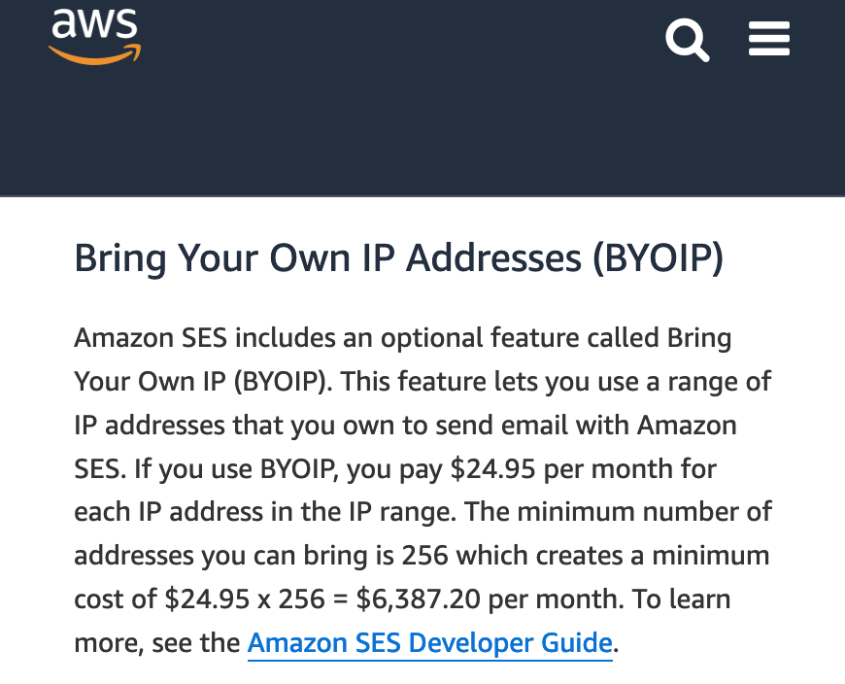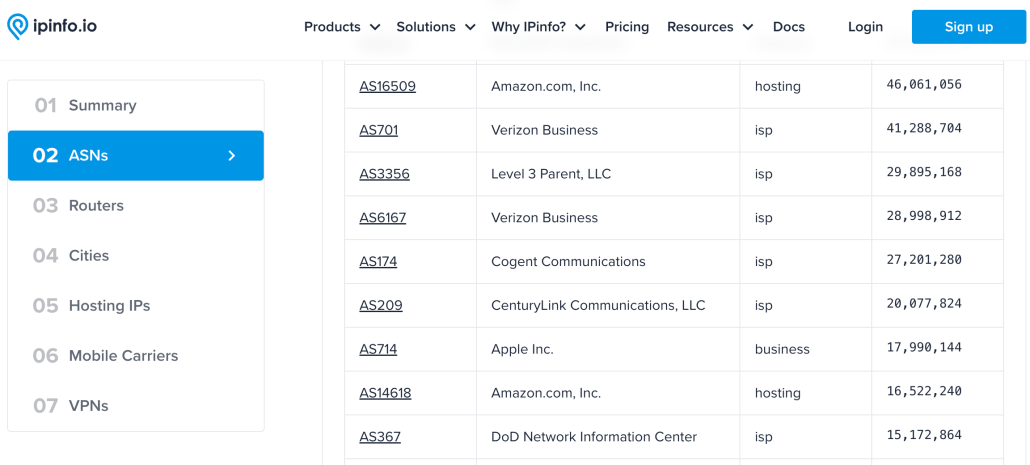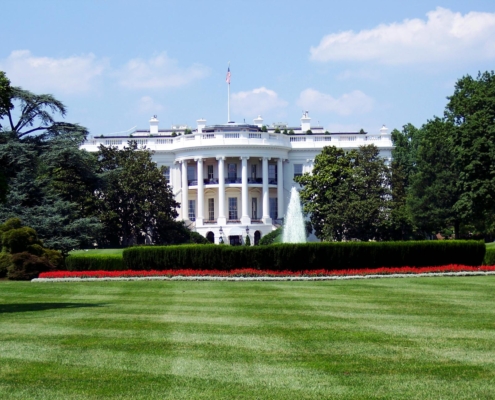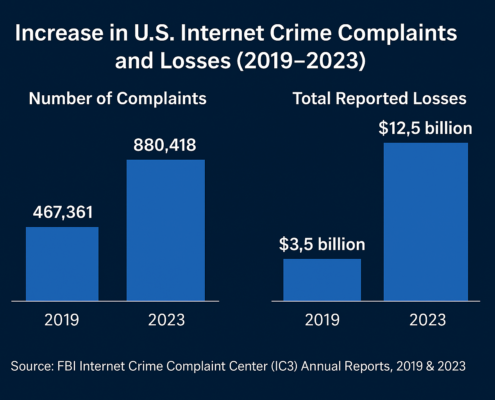AWS Charging $6,387 monthly for a BYOIP /24
As of February 2024, Amazon details their plan to monetize their owned IPv4 addresses, which means higher prices for BYOIP (Bring Your Own IP) for its AWS services on an EC2 instance.
The new pricing model documents its SES (Simple Email Service) product, IPv4 addresses owned by the customer now carry a monthly charge of $6,387.20 for AWS BYOIP. This equates to $24.95 per IP address per month to utilize a minimal required /24 block (256 IPv4 addresses).
According to Amazons pricing updates, they charge $0.005, per IP, per hour for use of their own public IPv4 addresses. If you multiply this out by an average of hours in 1 calendar year, AWS seem to charge around $3.65 per IP per month, which would total around $934.4 per month for a /24 IP subnet. It would seem that Amazon is attempting to persuade clients to user their elastic IPs, vs brining client owned IPs. This could be attributed to their massive investment buying tens of millions of IPv4 addresses over the last 6 years.
This is further supported by a service it has offered since 2018, that was previously free of charge, as outlined in this 2021 blog post from the company.
AWS BYOIP Previously Free
Amazon is now charging for use of its IPv4 addresses, which had previously been free. Amazon announced in a July 2023 blog post from its chief evangelist Jeff Barr, that it would begin charging for IPv4 addresses in 2024, citing scarcity of IPv4, and a 300% increase in the cost of acquiring IP addresses over the course of a few years.
For its main AWS services, the price for BYOIP is $3.65 per month per address, or around $934 for a /24 block of 256 addresses. Amazon’s pricing for its Simple Email Service is significantly higher, and appears to reflect a new strategy of charging the same price for an IP address.
A screenshot from Amazon’s website showing its SES pricing with a minimum monthly charge of $6,387 for BYOIP on AWS
Amazon Invests Billions to Lease IPv4 Addresses
Amazon has been purchasing IPs for years, and now holds over 100 million IPv4 addresses globally. A recent analysis found the number of IPv4 addresses Amazon owns to be around 132 million addresses. putting them into the top 5 organizations with the most IP addresses in the United States. According to IPinfo.io as of February 2024, Amazon is announcing a just over 62 Million IPs across AS AS16509 & AS14618. This currently represents around 50% utilization that we know specifically on Amazons AS numbers in the US alone. It would be interesting to see how that number changes over the next 12 months, given their new business model.
Like any real estate, these IP addresses have grown more valuable as they have become increasingly scarce. Based on an average $50 per IP (for /16s and larger), Amazon’s holdings are valued at over $6 billion today.
In true Amazon fashion, they look into the future, invest heavily into a specific market sector, and then dominate the competition . With its new pricing model of charging for IP use, Amazon is predicted to bring in an additional $400 million to $1 billion a year, by conservative estimates, according to The Register. Quite the flip of the script, considering the IP addresses had been previously provided free of charge on most AWS services.
As IPv4 addresses become more scarce, in part due to Amazon’s own consolidation of ownership, it wouldn’t be a surprise to see their leasing prices increase over time.
What This Could Mean for BYOIP Going Forward
Amazon’s new strategy to charge for Bring Your Own IP might motivate AWS clients to consider alternatives, but by far, Amazon has the largest share of the cloud services market, at 31% as of Q4 2023. That is nearly equal to Microsoft and Google, the #2 and #3 competitors combined.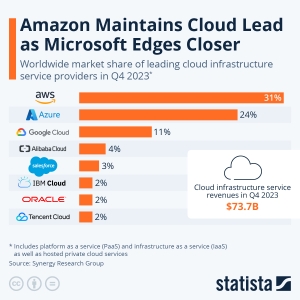
Amazon’s use of proprietary technology and services on AWS, and the effort required to migrate large organizations away from an established vendor poses a huge challenge for moving to alternatives.
With the cloud services market dominated by three similar competitors, they frequently adopt each others’ product strategies, so it is possible that Microsoft and Google could follow suit, and start charging for their own BYOIP services.
This could mean a further consolidation of IPv4 addresses among the top cloud service providers, as their customers determine that their own IPv4 holdings are prohibitively expensive to use this way.
Other Popular Blog Posts
Discover more from Brander Group
Subscribe to get the latest posts sent to your email.
